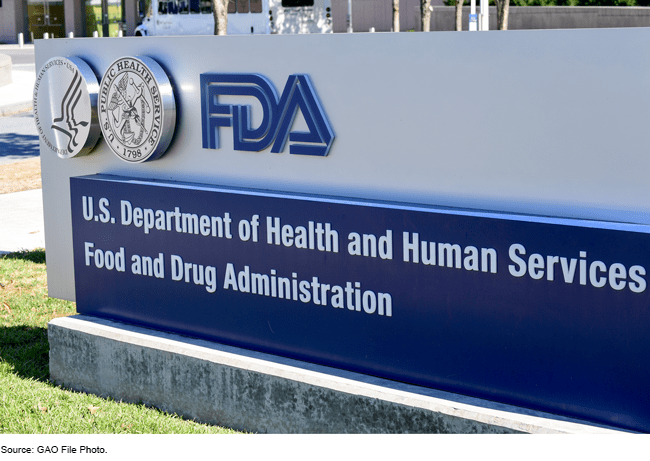The latest data released by the European Food Safety Authority (EFSA) and the European Centre for Disease Prevention and Control (ECDC) underscores the persistent challenge of antimicrobial resistance (AMR) in Europe, particularly in Salmonella and Campylobacter isolates from humans. This ongoing resistance poses significant threats to public health and highlights the critical need for collaborative efforts to address the issue effectively.
The EFSA and ECDC’s updated report reveals that resistance to commonly used antimicrobials remains prevalent in Salmonella and Campylobacter strains, reflecting trends observed in previous years. These findings are concerning as AMR in bacteria present in animals and food can compromise the effectiveness of treatment for infectious diseases in humans.
Analysis of data from human cases across 27 EU member states, Northern Ireland, Iceland, Norway, North Macedonia, and Switzerland indicates a notable occurrence of resistance in Salmonella and Campylobacter isolates. While positive outcomes from previous actions to reduce AMR have been noted, sustained joint efforts are deemed essential to combat this persistent threat effectively.
In Salmonella cases, resistance to critically important antimicrobials for human medicine remains relatively low, although exceptions exist in certain serovars and reporting countries. Resistance to carbapenems, observed in Salmonella isolates from humans but not from food-producing animals, warrants attention.
For Campylobacter, high levels of resistance to fluoroquinolones, commonly used antibiotics, have been documented, rendering them ineffective for treating Campylobacter infections in humans. Additionally, resistance to erythromycin and tetracycline, both critical antimicrobials for human Campylobacter infections, is widespread, particularly in Campylobacter coli isolates from humans.
The report underscores the importance of multidrug resistance (MDR) surveillance, revealing varying levels of MDR across Salmonella and Campylobacter strains. Efforts to monitor and address MDR in these pathogens are crucial for preserving treatment options and safeguarding public health.
In response to the escalating AMR threat, the World Health Organization’s (WHO) Europe office has published guidance for food safety agencies, outlining strategies to mitigate AMR risks at the animal-human-environment interface. The guidance emphasizes the One Health approach, advocating for interdisciplinary collaboration to address AMR comprehensively.
Key interventions recommended include improving policy frameworks, enhancing governance structures, conducting risk analyses, and promoting risk communication and education. By implementing these measures, food safety authorities can play a pivotal role in combating AMR and safeguarding public health across Europe.
Source: Food Safety News
Reach out to Fresh Group Food Safety And Quality Consulting for any inquiries related to food quality and safety.




